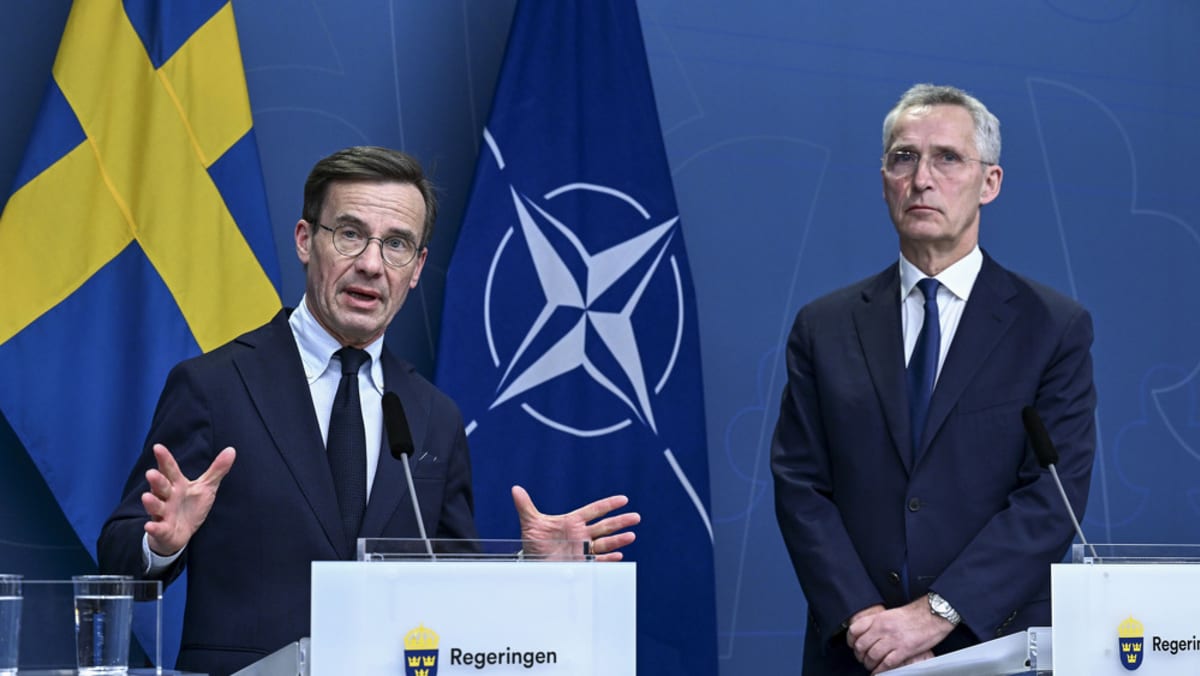EU Leaders Plan Historic Eastward Push
"It appears we are not going to reach a Cyprus settlement here," said Greek Prime Minister Costas Simitis.
The summit promised to be difficult. British Foreign Secretary Jack Straw called the meeting "the most complex matrix of negotiations in which the EU has ever been involved."
The 15 EU leaders were unlikely to accept Turkey’s call to start membership talks next year despite personal lobbying by President Bush, whose administration sees Turkey as a key ally.
Instead the EU is expected to set a date of 2004 or 2005 if Ankara makes sufficient progress on democracy, human rights and stabilizing its economy.
The plan to invite Poland, the Czech Republic, Hungary, Slovakia, Slovenia, Lithuania, Latvia and Estonia to join the EU in 2004, along with Cyprus and Malta, marks the culmination of over a decade of efforts to unite the continent after four decades of Iron Curtain division.
"This is a historic event," said Slovene Foreign Minister Dimitrij Rupel. "We used to be enclosed into Yugoslavia, now the whole EU will be our home from Portugal to Sweden or Greece. It’s a fantastic feeling."
But the expansion has hit a snag over subsidies to the prospective new members. EU leaders were expected to agree late Thursday on a $41 billion welcome package to the 10 newcomers.
However, Poland and others are demanding more, insisting the EU must be more generous with subsidies to farmers and aid to build roads, phone lines and other infrastructure to help the easterners catch up with their richer western neighbors.
Denmark, which is leading the talks, says economic woes have left no more cash available. "We have gone to the limit," said Danish Prime Minister Anders Fogh Rasmussen, the summit host. "There is no more money."
Turkish Prime Minister Abdullah Gul insisted his country’s recent democratic reforms had made it ready to become the first Muslim nation invited to join the EU.
"It’s our right to get the very firm, clear date to start the negotiations," Gul told reporters in Copenhagen. "We are expecting a firm date, it will be in 2003."
Turkey has encountered opposition to its inclusion in the European Union because of its human rights record, political and economic instability and the fact that the country, which borders Iran, Iraq and Syria, is largely part of Asia.
Turkey’s parliament failed Tuesday to pass a package of reforms to fight torture and expand human rights.
Britain, Italy, Greece and others have said they are prepared to start membership talks ahead of the July 2005 date suggested last week by France and Germany.
"We believe that one year is enough for Turkey to carry out the reforms the government has committed itself to," Italian Prime Minister Silvio Berlusconi said after meeting Gul.
The EU was also looking to Turkey to help engineer a reunification of Cyprus before it joins the bloc.
The United Nations is trying in Copenhagen to get the island’s Greek and Turkish communities to agree to a plan to end the separation that has endured since a 1974 Turkish invasion.
Although U.N. Secretary General Kofi Annan was reportedly standing by to fly to the Danish capital to help broker a deal, a breakthrough looked uncertain without Denktash.
Without a deal, the EU will invite in just the southern, Greek part of Cyprus, offering the Turkish Cypriots the chance to come in later if they accept a reunification plan.



